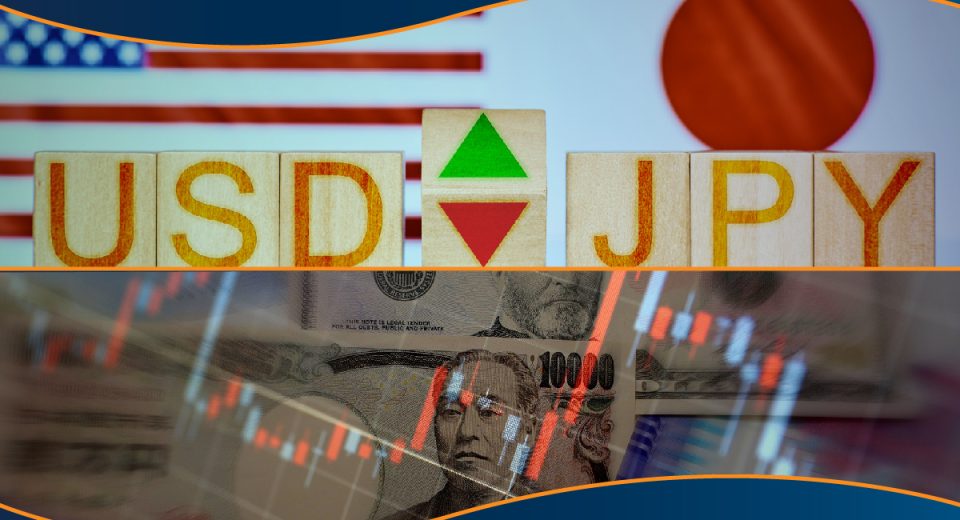Becoming a Proprietary Trader

Proprietary trading refers to trading of any financial instrument with a firm’s own money and not the money of its depositors or clientele. The basic purpose of this type of trading is to earn profits for the firm by using a variety of arbitrage strategies, fundamental analyses or other forms of analysis. The entire profits realised on a trade belong to the firm, as against the commission or fees earned on profits made by trading the funds on behalf of one’s clients. One thing to keep in mind is that this type of trading is highly risky and may result in volatile profits. Forex traders who make profits on individual trades are bound to feel that they have the knack and expertise to manage huge funds, and to use their skills for forex trading to generate massive profits for a proprietary trading firm. But is becoming a proprietary trader that simple?
Historically proprietary trading has been responsible for some massive losses, especially because traders may take greater risks, since the money involved is not their own but that of the firm for which they are working. On the other hand, these traders have access to extremely sophisticated software, technology and information that provides them a competitive edge over independent traders. Proprietary trading involves learning on the job, trying out different strategies to work out one that has the highest probability of leading to successful trades.
Checklist for Becoming a Proprietary Trader
Should you choose to get into proprietary trading just because you love to trade and are interested in forex trading? The answer is a firm NO. In fact, anybody thinking of becoming a proprietary trader needs to be very sure of their motives and financial position. Here is a check list for people wanting to enter proprietary trading:
- Do you have a full/part time job with a steady income to survive, apart from proprietary trading?
- Do you have adequate savings to carry on while learning on the job?
- What is the level of your understanding of the forex market and its workings? If you are well versed in the various techniques, analyses and tools, you could consider going ahead with proprietary trading. However, if you are a novice, it may prove dangerous.
- Is there somebody who has faith in your trading abilities and is ready to back you if you do not have the necessary funds to trade?
Becoming a full time proprietary trader does not make sense until you have adequate resources or savings to bear the potential losses that you might incur in the initial stages.
Getting associated with a bank or a brokerage house as a proprietary trader allows one to gain experience, learn the tricks of the trade and benefit in terms of low transaction costs and huge leverage, which is not available in a retail account. But why would a proprietary trading firm offer to teach a trader the tricks of the trade when there is a good chance that they will leave once they gain experience?
To tackle this issue, most proprietary firms keep a majority of the profits with themselves while sharing the losses in equal proportion. In recent years, several firms have started charging new proprietary traders for training them and providing access to their established systems and tools and leverage.
So, the decision to become a proprietary trader should be taken only after great thought and consideration about one’s financial position, knowledge of the forex market and the ability to use the various tools for successful trades.
Disclaimer
If you liked this educational article please consult our Risk Disclosure Notice before starting to trade. Trading leveraged products involves a high level of risk. You may lose more than your invested capital.




